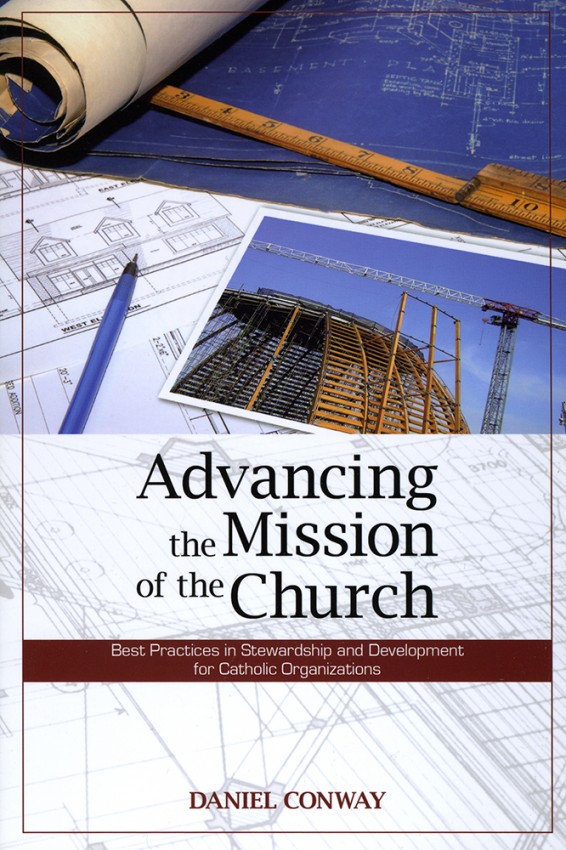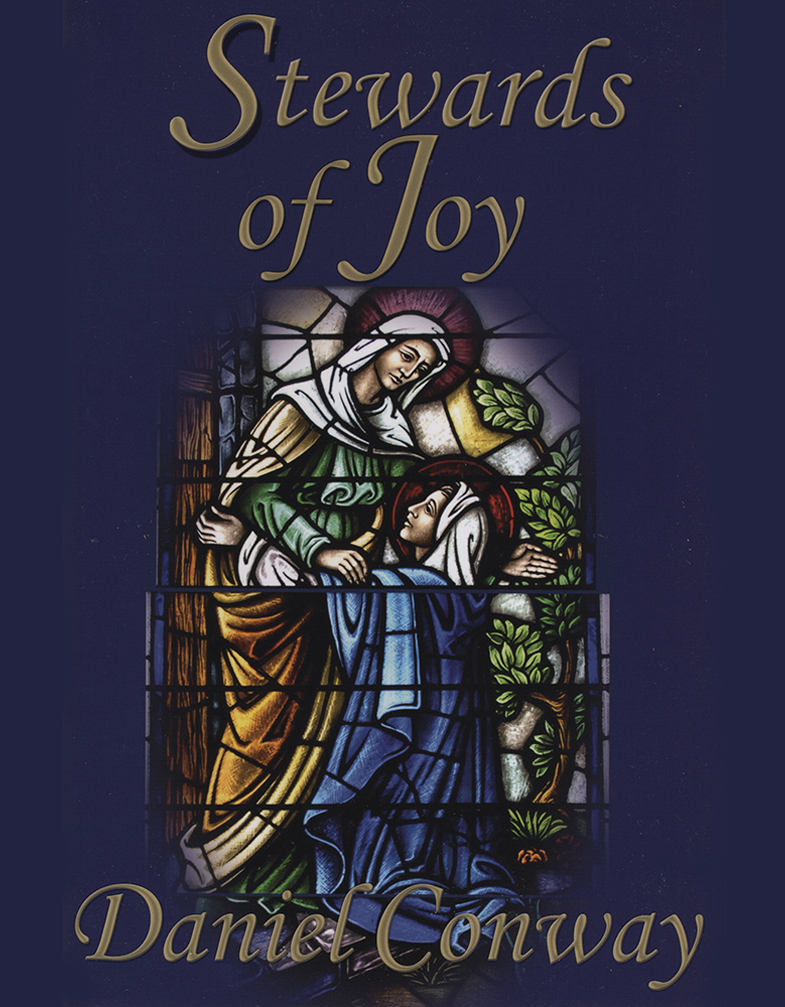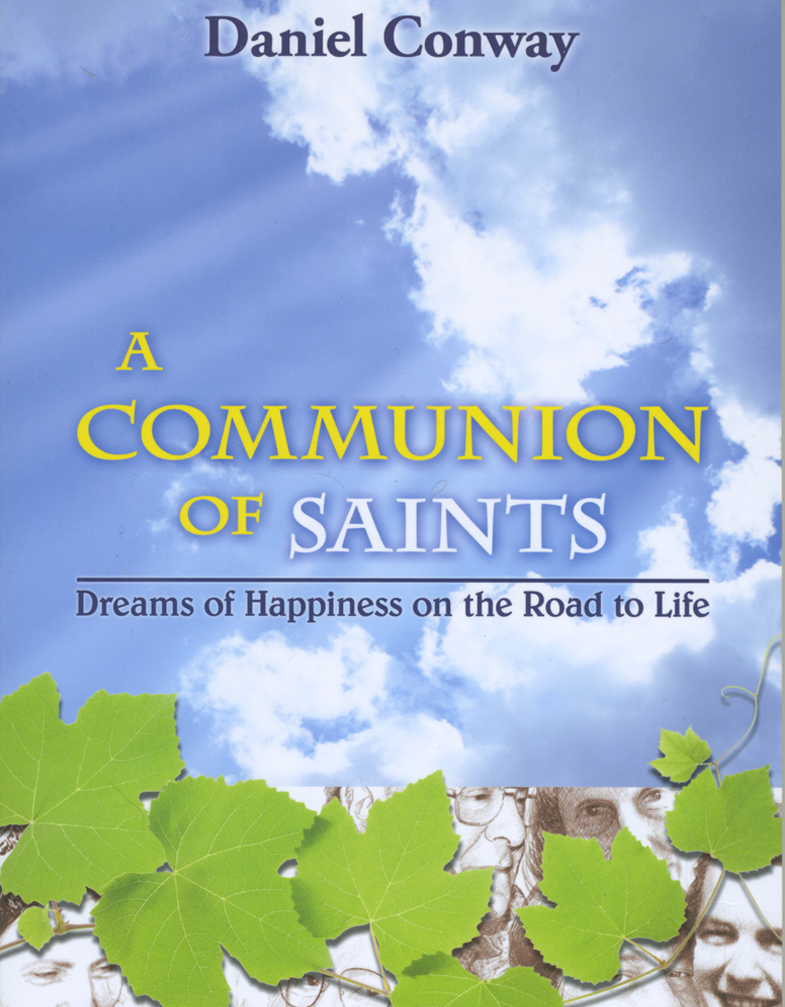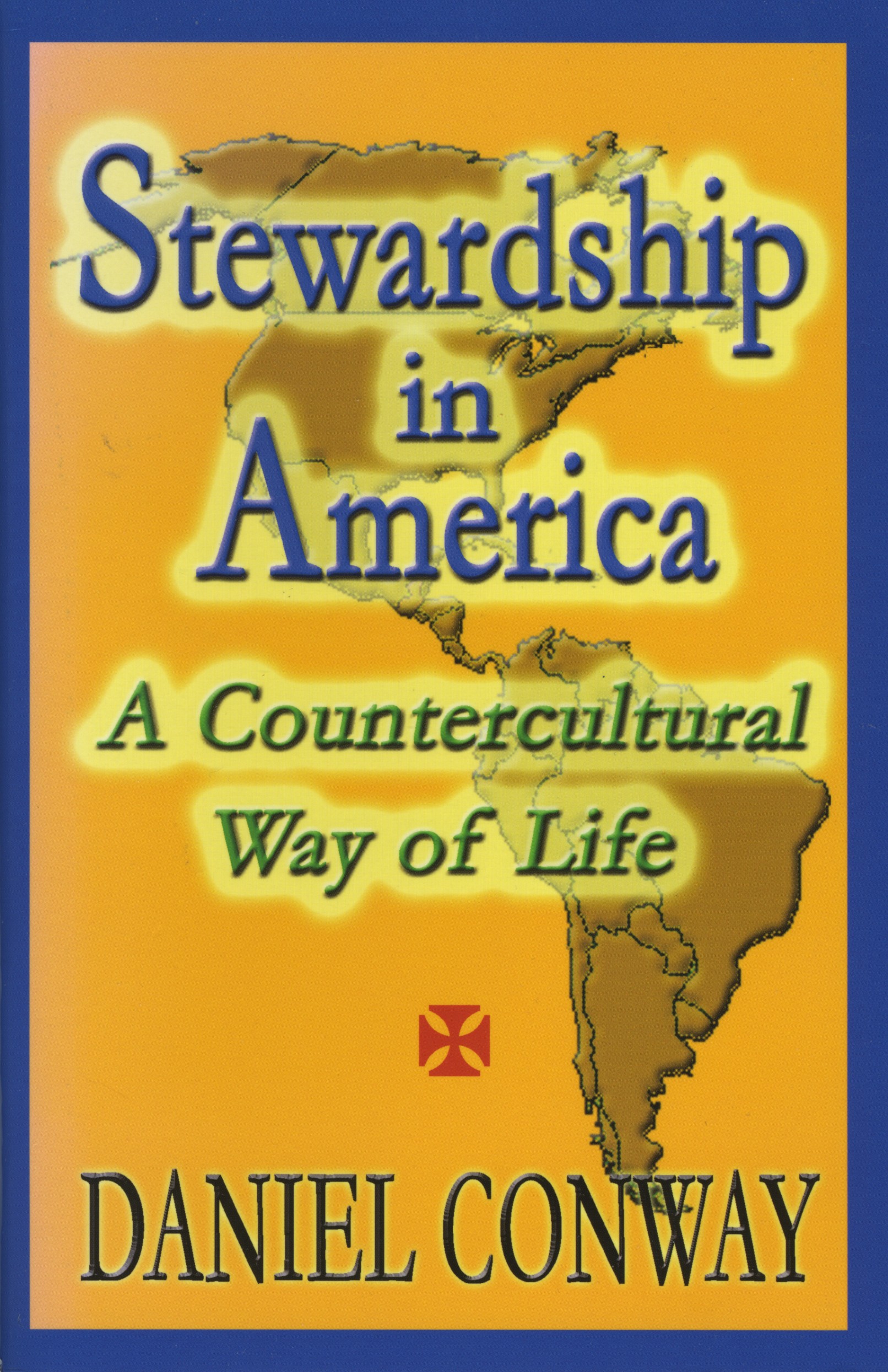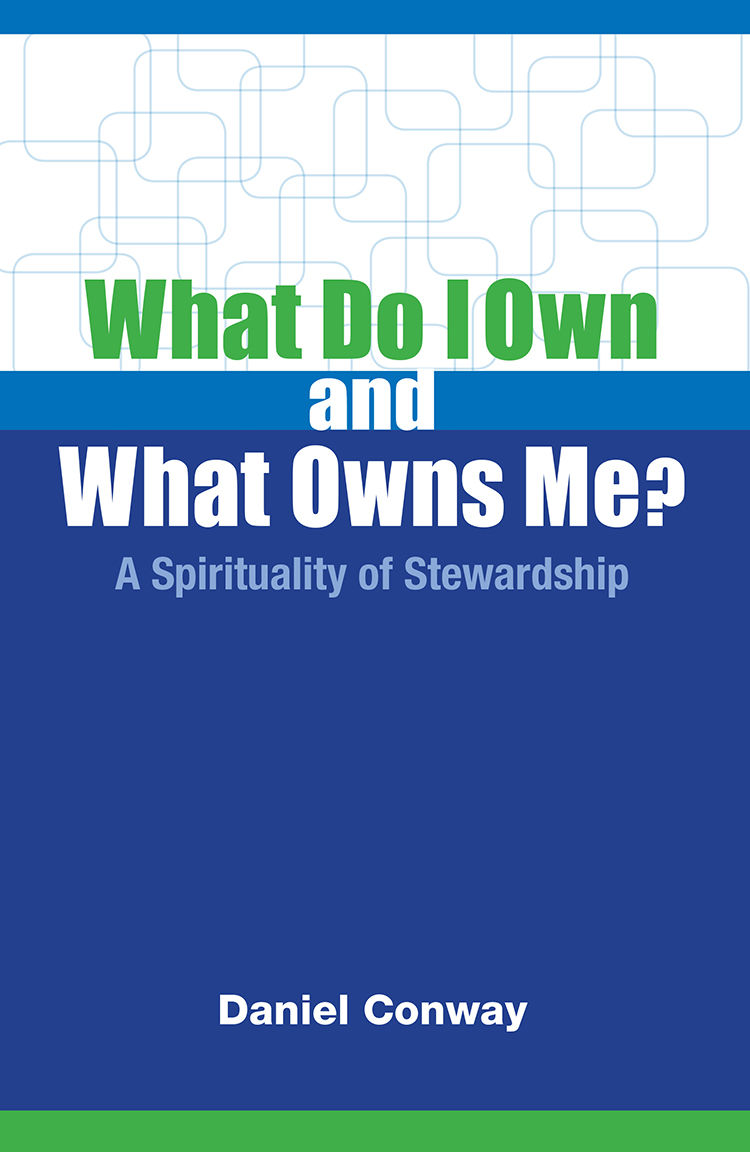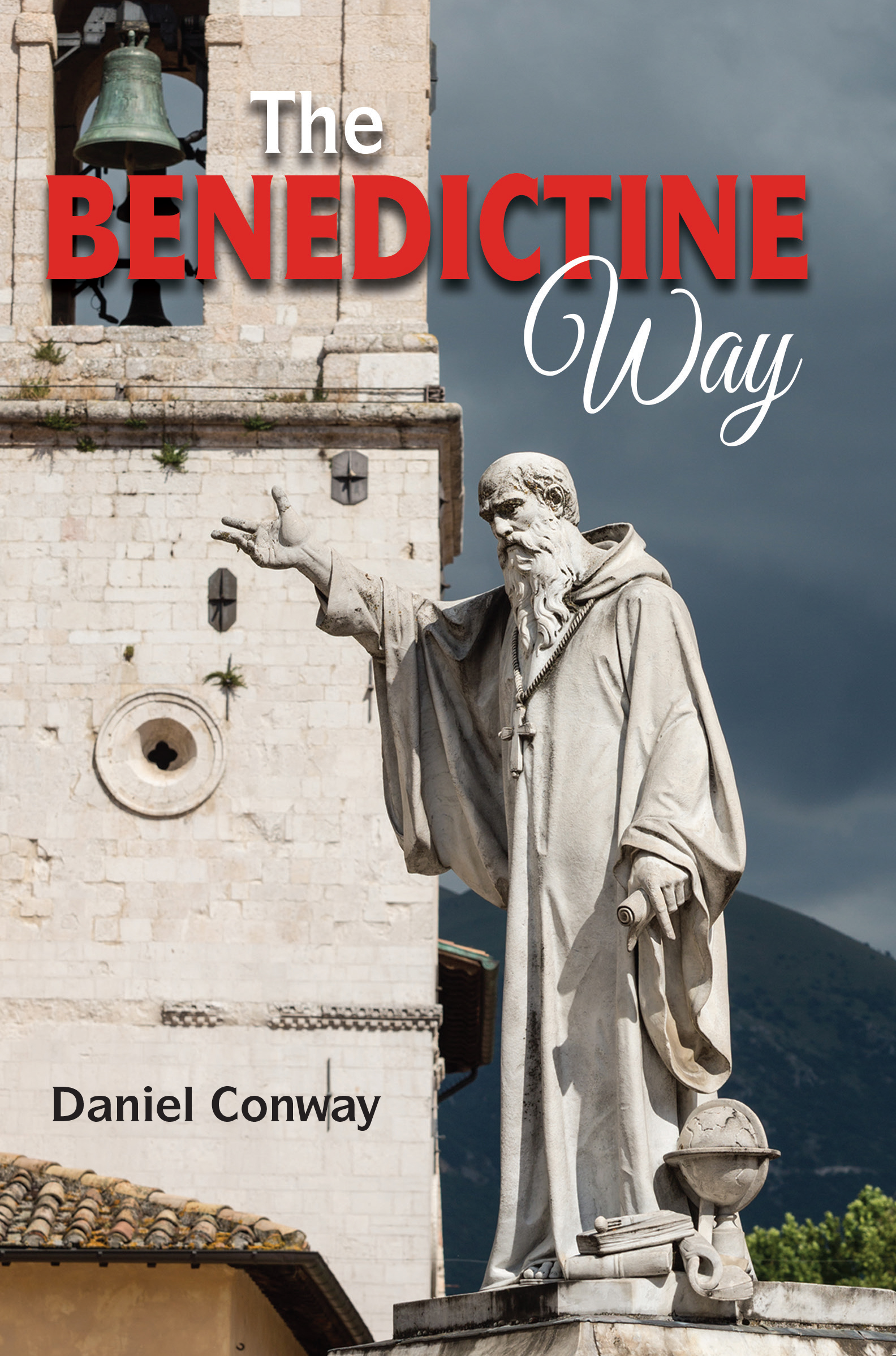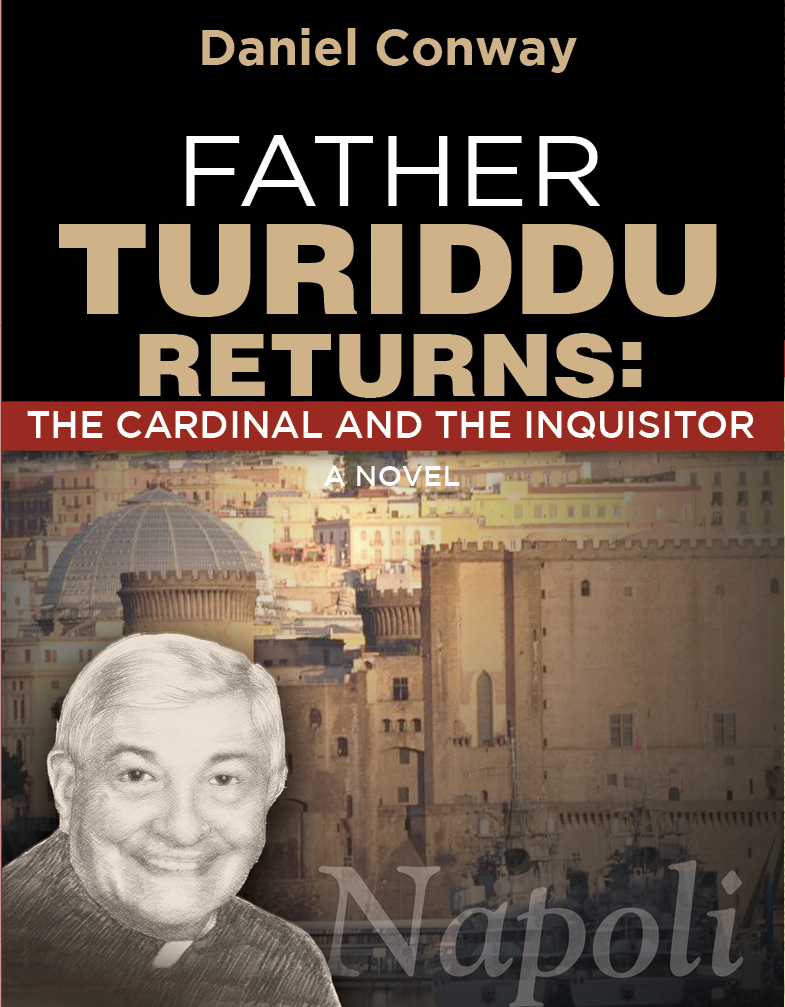Have you seen the bumper sticker that says: “Christians aren’t perfect—just forgiven”? Even if you’re not a fan of bumper sticker theology (or politics), you have to admit there’s a lot of truth in this simple statement. We are not perfect, by a long shot, but we are forgiven. That’s why Pope Francis has proclaimed this jubilee year a Year of Mercy. He wants us to be people of mercy, who are not perfect but who have been redeemed by God’s love.
We acknowledge that we are a sinful people, and that our imperfections hurt us and others in ways that can be very damaging. As sinners, we usually hurt the people who are closest to us—our parents, spouses and children, friends and coworkers. We make promises that we don’t keep. We often take advantage of others’ generosity, and we abuse their trust. We break all 10 of the commandments, and then we wonder why we feel isolated, unhappy and afraid.
Finally, when we’ve sunk as low as any human being can possibly go and we’re desperate, we cry out for help: “Father, I have sinned against heaven and before you. I am not worthy to be called your son or daughter” (Lk 15: 11-32). How does our heavenly Father respond? By rejoicing! By celebrating the fact that we were lost and are now found; we were dead and have now been returned to life! This is the prodigal love of God, the endless mercy and forgiveness that are available to us through the power of Jesus’ passion, death and resurrection.
Pope Francis tells us that no sin is greater than God’s ability to forgive, and no sinner is unredeemable. If we can open our hearts, letting go of our stubborn pride, we will discover that we have already been forgiven—whether we realize it or not—by the grace of God through the passion, death and resurrection of Jesus Christ, the face of mercy.
We do not need to be stuck in our sins. The cross of Christ has redeemed us. Our sins have been forgiven, and we have been set free. We’re not perfect, but we are forgiven.
Our God is a forgiving God who is slow to anger and rich in mercy. We are keenly aware of the lengths to which our loving God is willing to go to redeem us from our selfishness and sin.
St. Luke’s story of the prodigal son—really the story of two brothers and their generous and loving father—has captured the imagination of many great artists and writers during the past 2,000 years. It is a story of love and forgiveness that can’t fail to inspire us. We can all identify with the two brothers. At times, we’re like the younger brother who wastes his inheritance on loose living and sins of the flesh. At other times, we can feel the older brother’s pain and resentment:
Look, all these years I served you and not once did I disobey your orders; yet you never gave me even a young goat to feast on with my friends. But when your son returns who swallowed up your property with prostitutes, for him you slaughter the fattened calf (Lk 15: 29-30)!
The father’s response speaks directly to our hardened hearts: “My son, you are here with me always; everything I have is yours. But now we must celebrate and rejoice, because your brother was dead and has come to life again; he was lost and has been found” (Lk 15:31-32).
There is no greater joy than the joy that flows from the experience of forgiving love. (The Hebrew word for “forgiving love” is hesed, which means the boundless loving mercy of God.) This is what the father feels when his long lost son returns. It is surely what the son who was lost feels when his father greets him with such overwhelming love and mercy. And it is what the older son is invited, and challenged, to feel if he can overcome his anger and resentment and learn to share his father’s joy.
During this Year of Mercy, we too are invited, and challenged, to experience the joy of God’s love and forgiveness. Yes, we are sinners—imperfect people who hurt ourselves and others. Yes, we too often waste the gifts that God has given us, and we can be resentful and angry when we should be profoundly grateful for all that God has given us. (“Everything I have is yours.”)
We are not perfect, but we are forgiven. Let’s thank God for His boundless mercy! Let’s be the face of mercy, the face of Jesus, to everyone we meet!
Copyright © 2016, Daniel Conway Permission is given to copy and distribute this Good Steward Newsletter for use in religious or educational settings provided that proper attribution is given to the author. This publication may not be sold or distributed to the general public without the express permission of the author.


